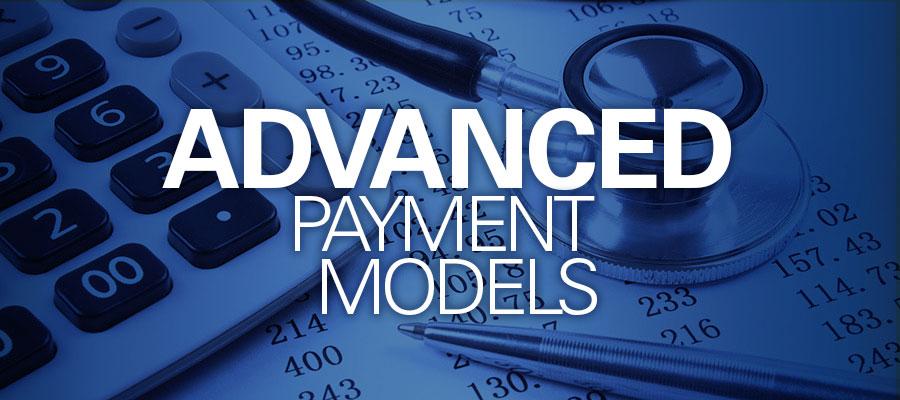Report: 34 percent of 2017 health care payments through APMs

About 34 percent of health care payments in 2017 were tied to alternative payment models, up from 29 percent in 2016, according to a report released this week by the Health Care Payment Learning & Action Network. The Department of Health and Human Services launched the public-private partnership in 2015 to help advance its goal of tying 30 percent of U.S. health care payments to APMs by the end of 2016. “The report’s findings reinforce our understanding that there is sustained, positive momentum in the effort to shift health care payments from traditional fee-for-service into value-based payments,” said Mark McClellan, co-chair of the LAN Guiding Committee and director of the Robert J. Margolis Center for Health Policy. “While we celebrate the increase in overall APM adoption, we also know further progress on payment reform will be important to ensure health care dollars flow through models that have more risk.”

